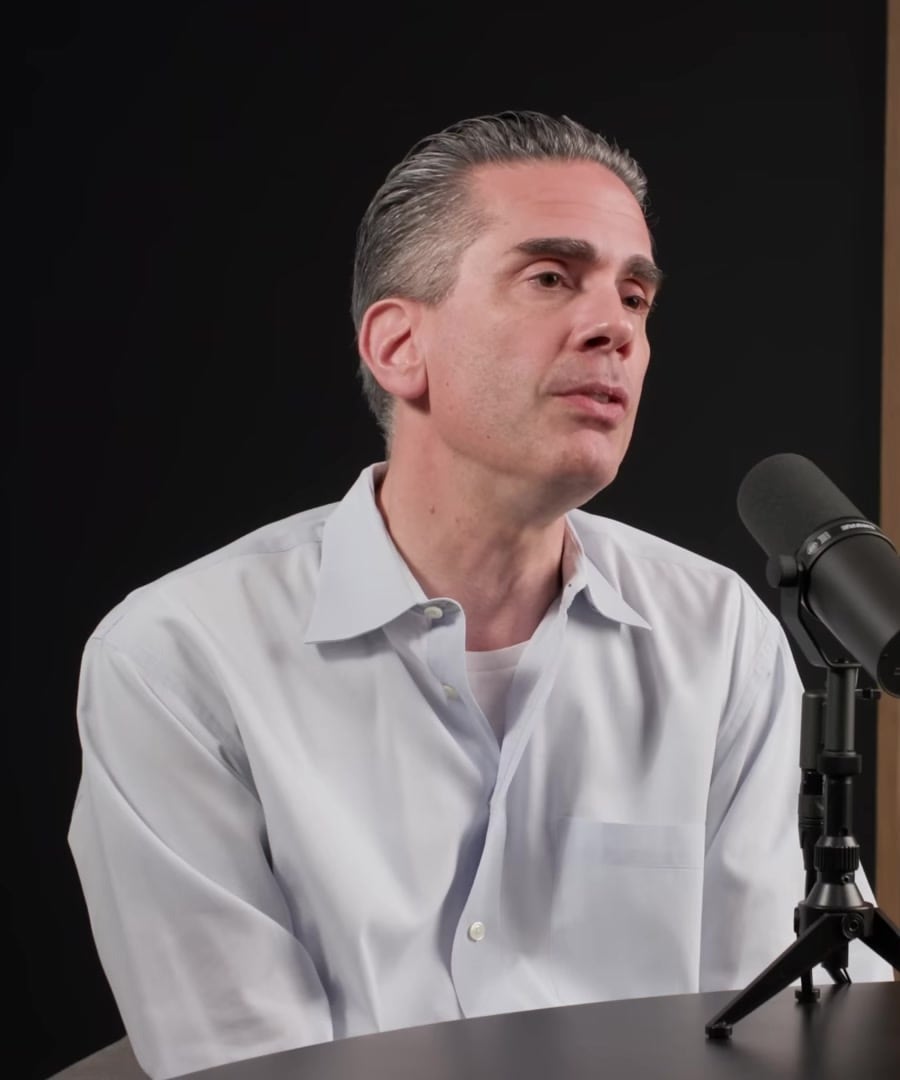Short-term thinking
Sources:
discusses the pitfalls of short-term thinking in various contexts. One significant example he and Dr. Paul Conti address is the habitual, short-sighted approach in prescribing medications during brief psychiatric appointments. They highlight how this approach focuses on immediate gratification rather than long-term health, emphasizing that while it might seem cost-effective initially, it leads to increased healthcare usage and emergency visits over time. This approach, they argue, fails to address the deeper issues at hand and overlooks the societal and individual costs of not allowing people to fully express their generative drives 1.
Additionally, in another context, elaborates on the benefits and drawbacks of acute and chronic stress. He explains that while short-term stress can enhance immune function and cognitive sharpness, it is crucial to differentiate this from long-term stress, which can have detrimental effects. Understanding the duration and impact of stress is key to managing it effectively and avoiding the negative consequences associated with chronic stress 2.
RELATED QUESTIONS

